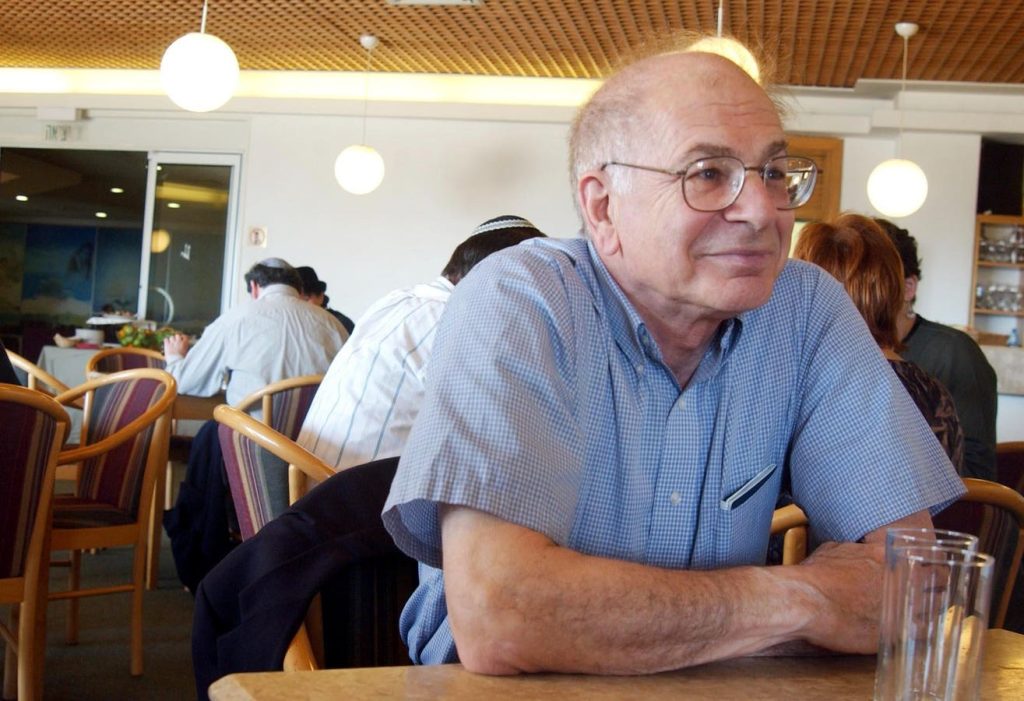Psychologists Amos Tversky and Daniel Kahneman revolutionized economics and finance by challenging the traditional belief that rational people always act in a way that maximizes their income. Their groundbreaking work showed that human behavior is far more complex and unpredictable than previously thought, with biases and cognitive “kinks” influencing decision-making.
Through a series of experiments, Tversky and Kahneman demonstrated that humans often make decisions based on intuition rather than rational analysis. This insight has had far-reaching implications in various fields, from medicine to marketing to law. For example, their research revealed that judges pass harsher sentences after their local football team loses, and doctors are more likely to order cancer screenings early in the morning.
Despite initial resistance from academic economists, Kahneman’s ideas eventually gained mainstream acceptance, leading to significant advancements in the field of behavioral economics. His work highlighted the importance of understanding human biases and preconceptions in shaping economic policy and decision-making processes.
One key concept introduced by Kahneman is loss aversion, which suggests that people are more driven by the fear of loss than the opportunity for gain. This phenomenon influences investor behavior in financial markets and policymakers’ reluctance to raise taxes once they have been cut. As Congress faces the expiration of individual provisions of the 2017 Tax Cuts and Jobs Act, the lessons from Kahneman’s research will likely be put to the test.
Kahneman’s contributions to economics were recognized when he won the Nobel Prize in 2002, along with Vernon Smith. His colleague Amos Tversky, who passed away in 1996, was ineligible for the award. Another student of Kahneman, Richard Thaler, won a Nobel Prize in 2017 for advancing behavioral economics. Kahneman’s work has brought economics closer to understanding the complexities of human behavior and decision-making in the real world.
Overall, Kahneman’s legacy has fundamentally changed the way economists and policymakers think about human behavior and its impact on economic outcomes. By challenging the traditional assumptions of rationality in economic theory, Kahneman paved the way for a more nuanced and comprehensive understanding of decision-making processes. His work continues to influence research and policy discussions on a wide range of issues, from tax policy to financial markets, highlighting the importance of integrating behavioral insights into economic analysis.


